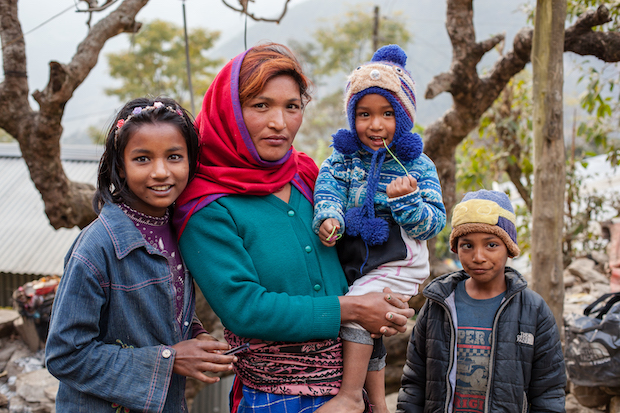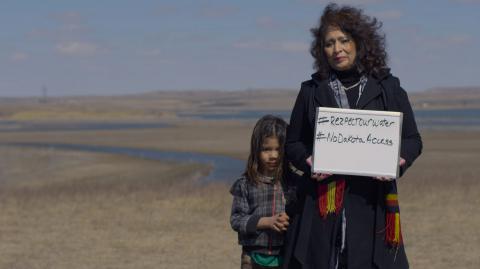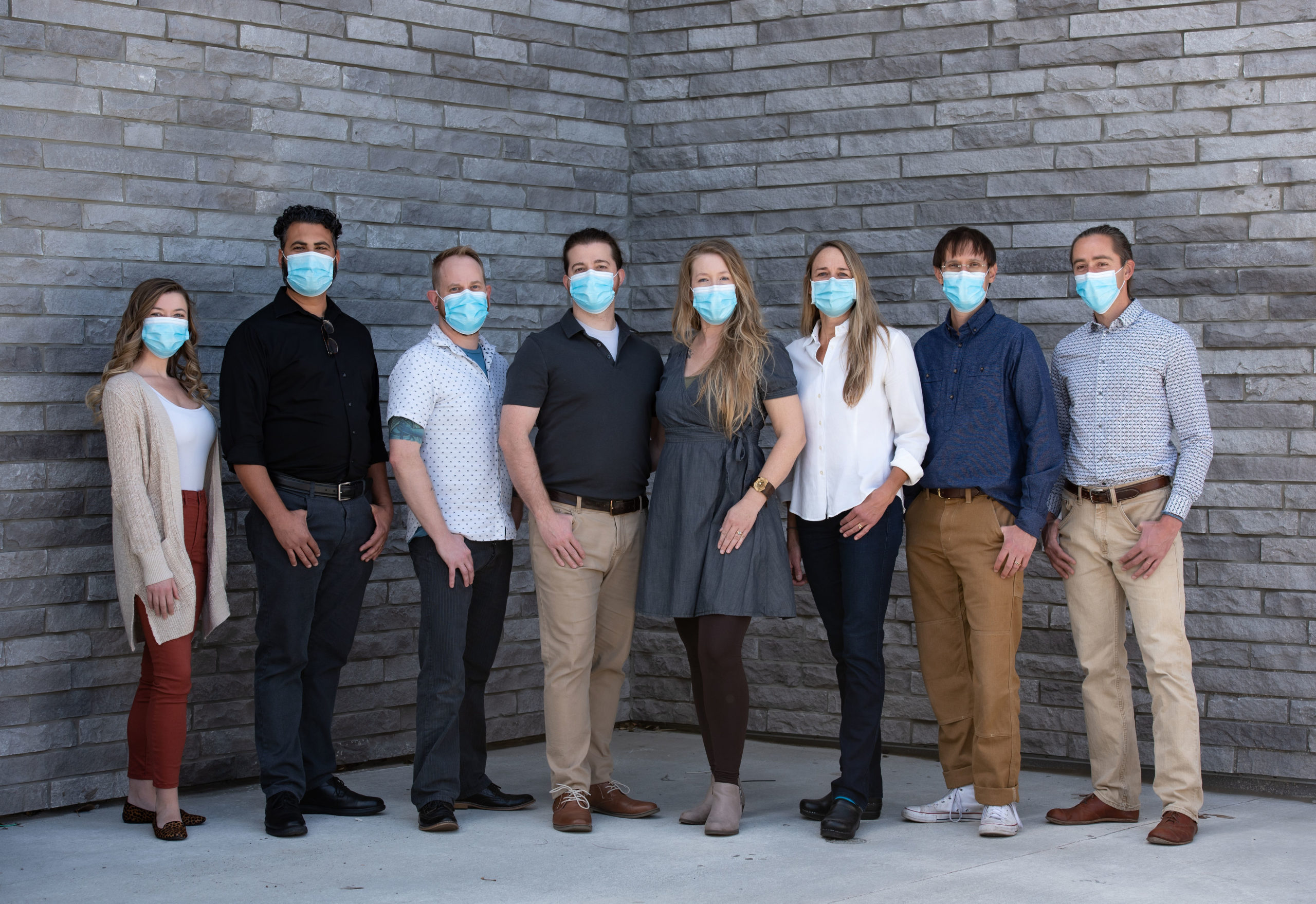To be a third responder means that you are responding to a crisis long after it has completed and at a time when we can begin to see the underlying, foundational vulnerabilities in the individuals and in the communities that allowed for the trauma to happen in the first place. In Maslow’s hierarchy, we are working with the self-fulfillment and transcendence needs.
During the third response, the #1 goal is to support the strengthening and building of resilience in the community so that they can become less vulnerable to traumatic experiences and eventually even begin to prevent them from happening.
To be a third responder, I recommend getting to know the communities you are working with and all the resources currently available to this community. Doing a thorough resource assessment allows you to know what resources are already there locally and what resources you may need to import.
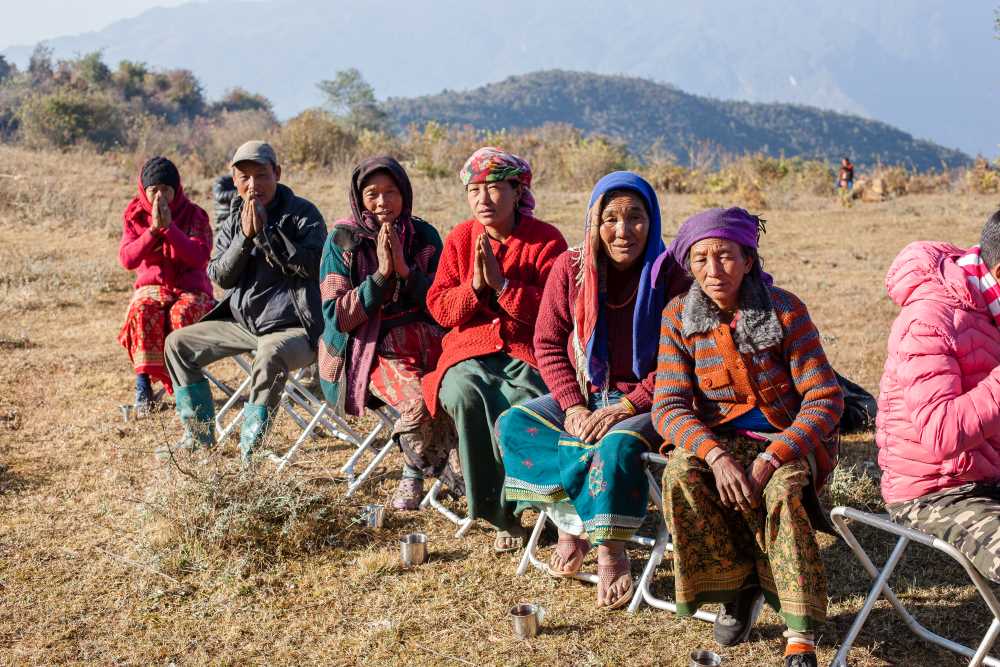
For instance, if you are working in Nepal and can’t find many resources locally, you could look for organizations that support service work in Nepal and specifically, support the cause you are focusing on. This way you become a library of resources for those you are working with. As a rule of thumb, it is always more valuable and sustainable in the long term to connect people with local resources.
To get to know these communities, you will need to be onsite. Too often organizations make assumptions about what is most needed in a community while they are far away. For more applicable and attuned service, it is best to spend time immersed in the community you are supporting, directly and frequently asking them what is needed.
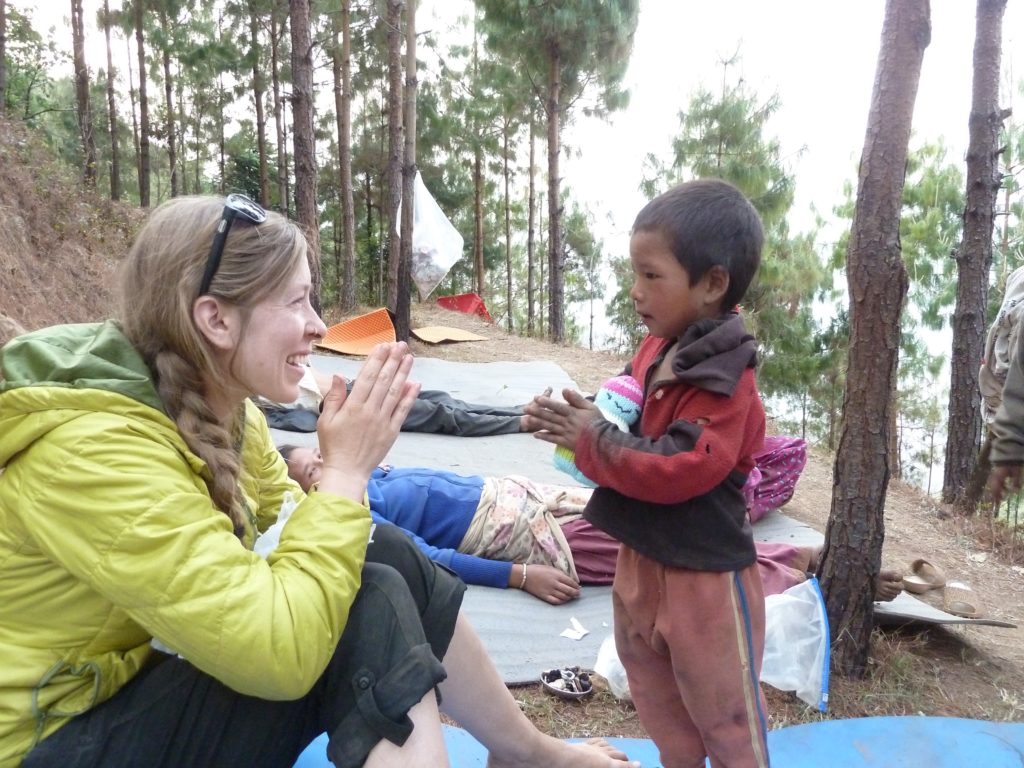
Third responding often takes more time to understand the needs and provide service to the community that has experienced a crisis. The ultimate goal of third responding is developing leadership in the individuals so that those within the community can now work for their own betterment. This develops a sense of empowerment from within the community, leaving them more resilient than before.
Ideas for trainings to attend if becoming a third response care provider appeals to you are: leadership development, international affairs, community building in developing nations, infrastructure in developing nations, public policy, human development, public health, education, economics, sustainability, and urban planning.
If you’re interested in starting your journey to becoming a third responder with IOEP, check out our free trauma training here.
And if you’re someone who has been impacted by the recent Boulder shooting, or are a Boulder County frontline worker, click here for our free trauma relief program.
